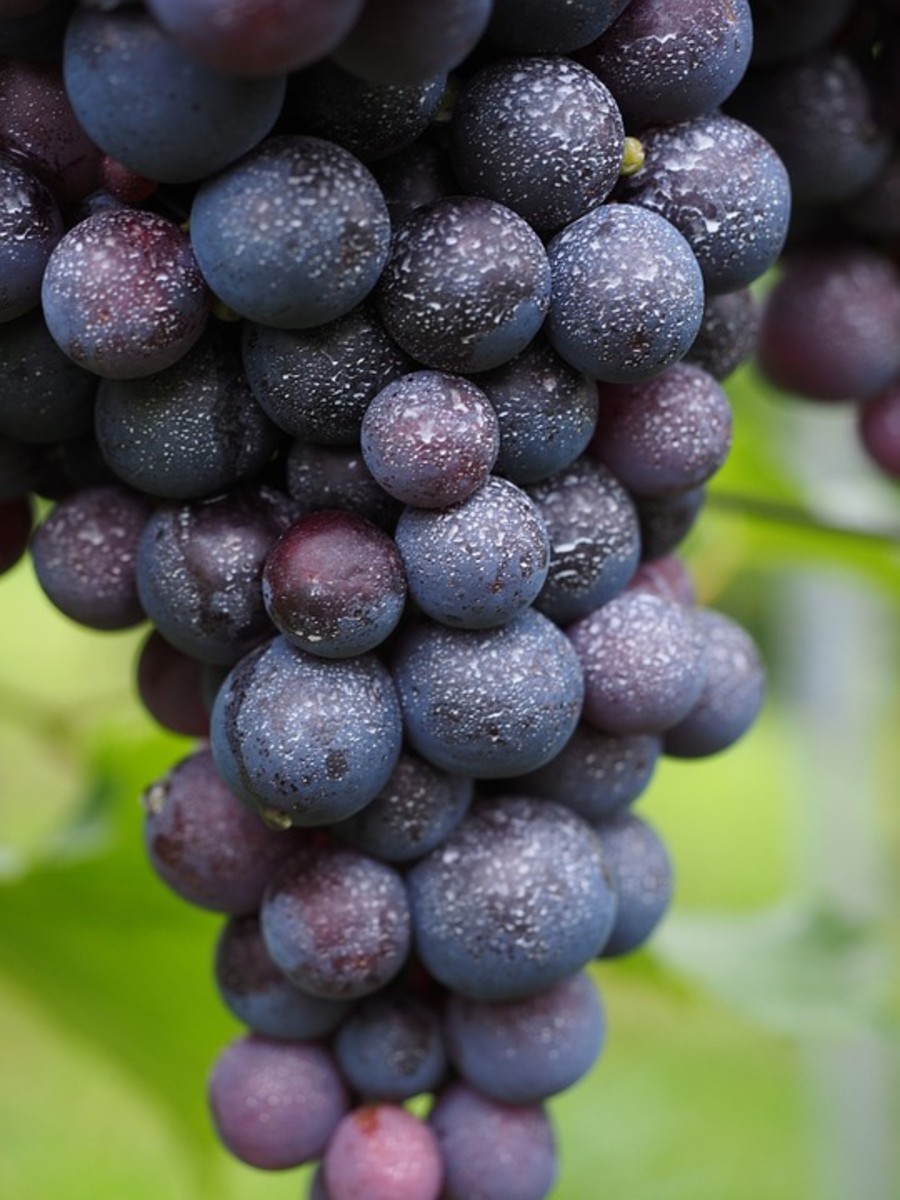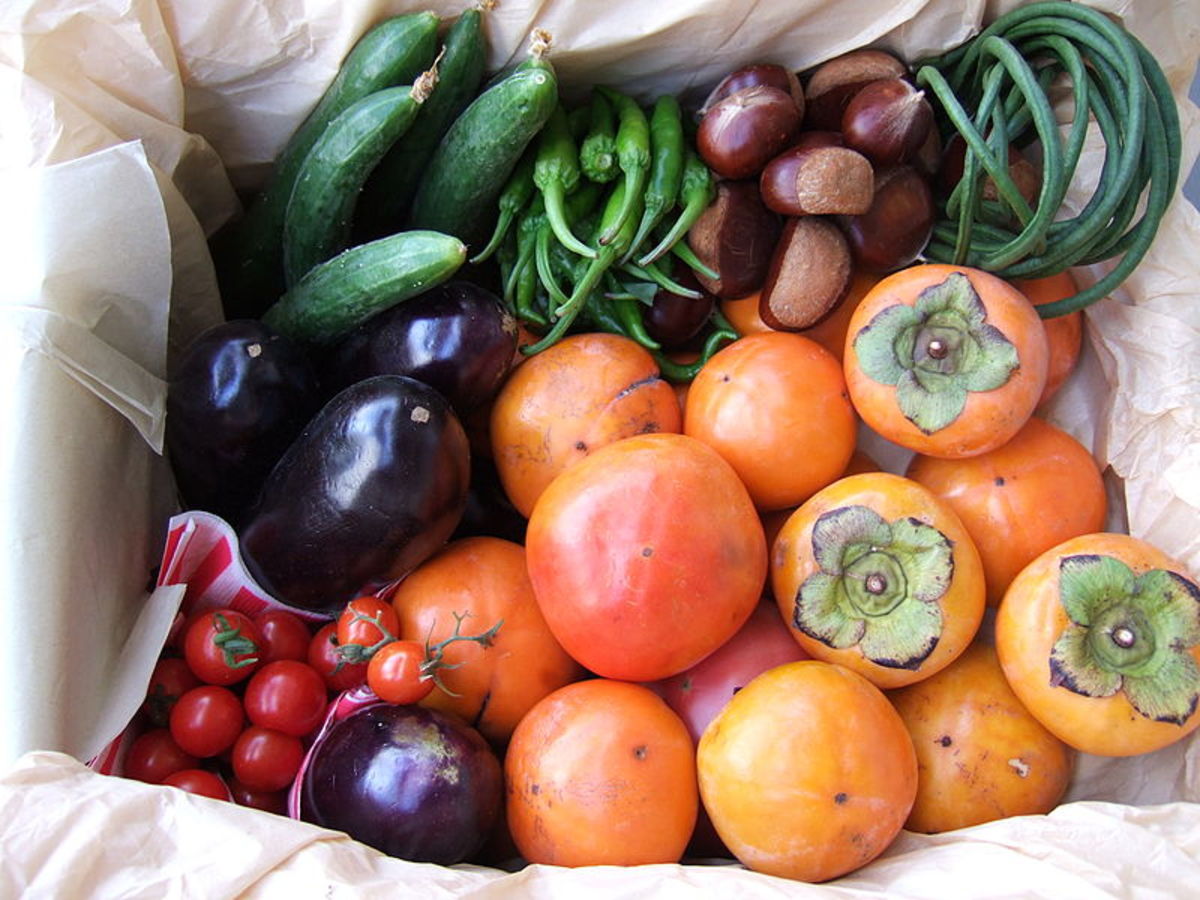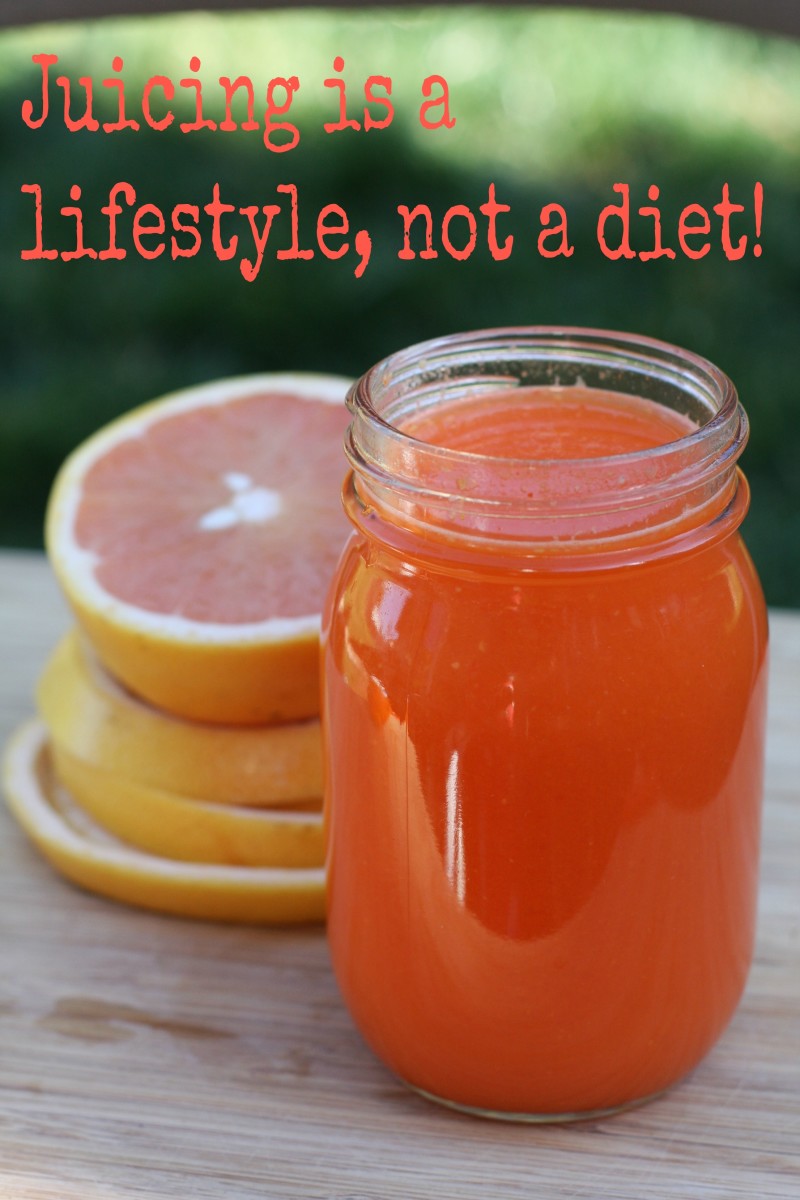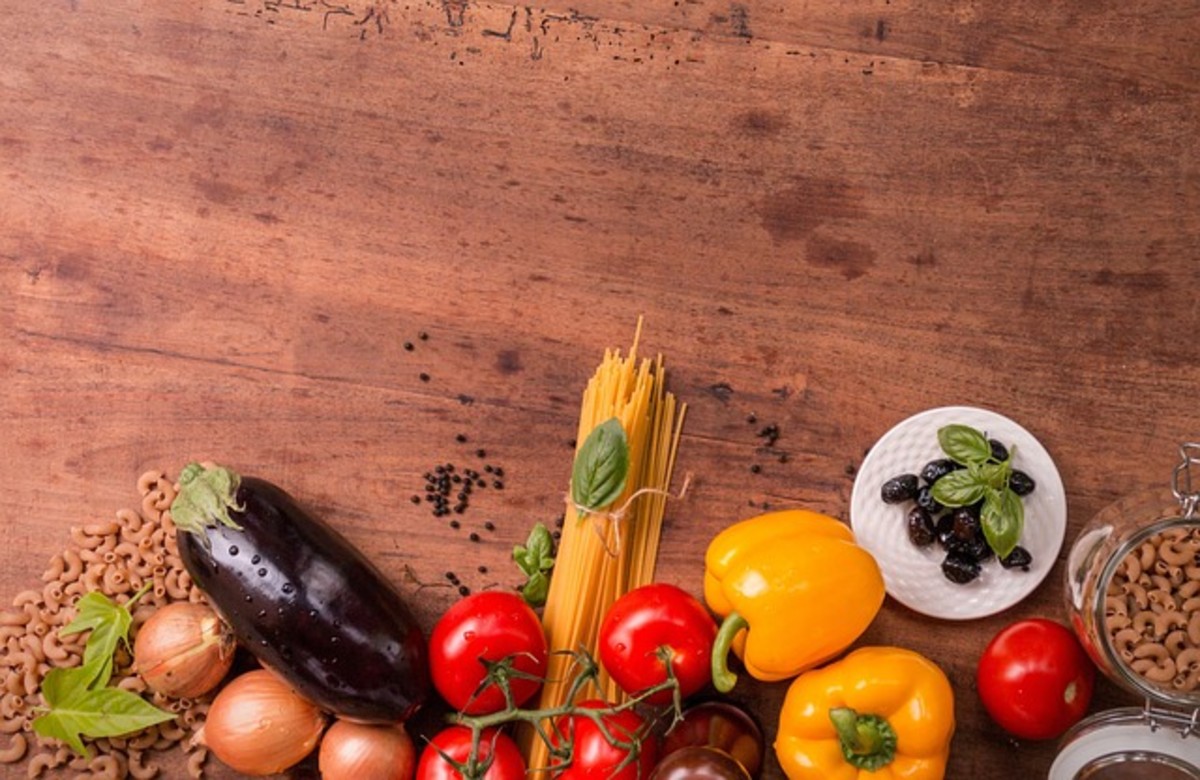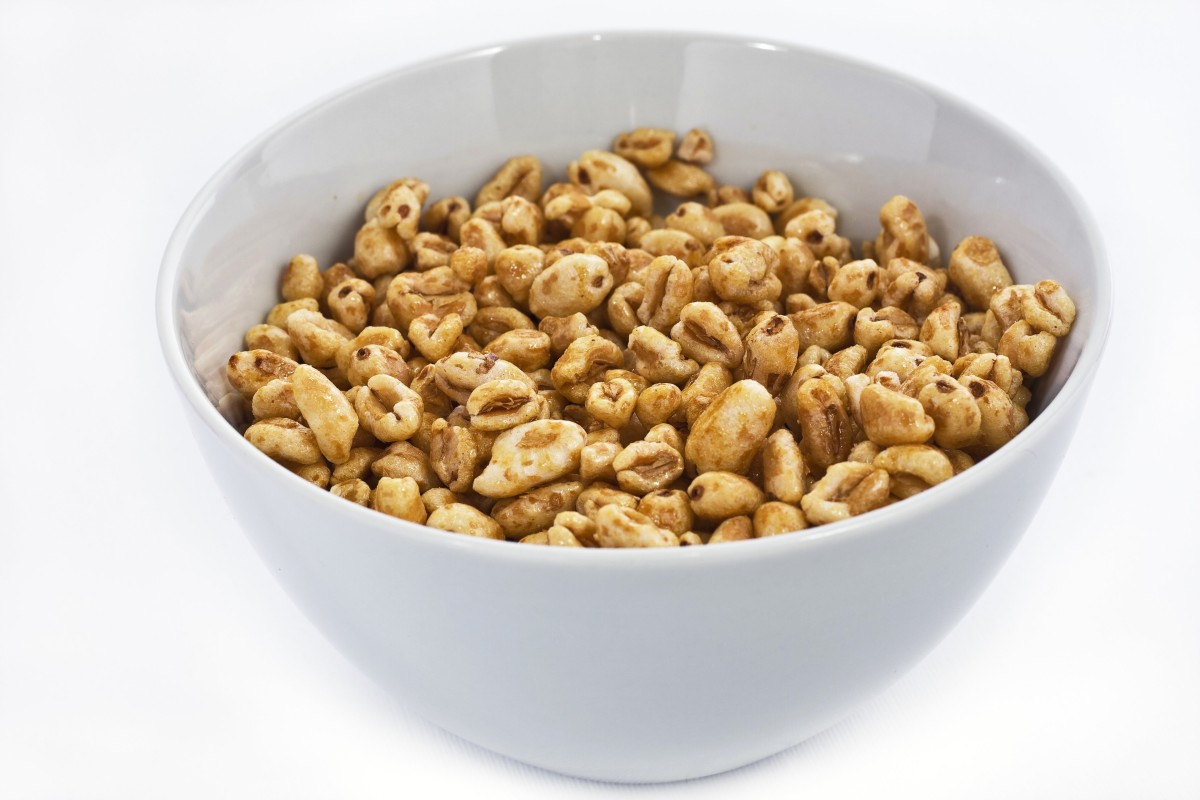Top 14 Fruits and Vegetables with the Highest Levels of Pesticide Contamination
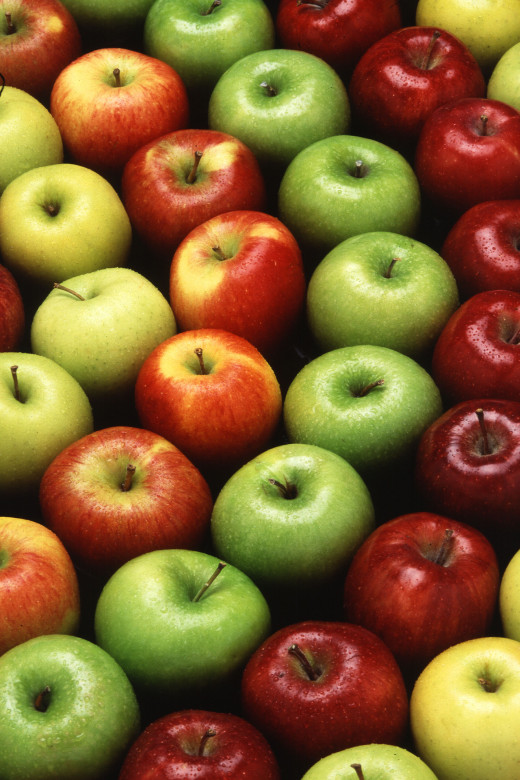
Do you know which fruits and vegetables contain the highest levels of synthetic pesticides? The non-profit, Environmental Working Group, just published its 2013 Shopper's Guide to Pesticides in Produce. The now in its 9th year, the Shopper's Guide ranks pesticide contamination of 48 fruits and vegetables, based on an analysis of thousands of U.S. Department of Agriculture and federal Food and Drug Administration samples. I have summarized the information contained in the 2013 guide to help you make more informed buying choices.
Pesticides are synthetic chemicals which break down slowly, or not at all, in the natural environment. They are often sprayed on conventional produce to guard against insects or diseases. Unfortunately, these substances persist in soil and water, and runoff can contaminate nearby streams and rivers. Levels of pesticides in the soil can reach critical levels, whereby the the field is no longer suitable for farming.
Conventional produce found in supermarkets and stores, has varying levels of pesticide residues. According to the Environmental Protection Agency, pesticides present numerous health risks. Laboratory studies show that pesticides can cause health problems, such as birth defects, nerve damage, cancer, and other effects that might occur over a long period of time. Organic fruits and vegetables are produced without the use of harmful synthetic pesticides in accordance with U.S. Department of Agriculture regulations.
According to the 2013 Shopper's Guide, the top 14 most contaminated conventionally grow fruits and vegetables are:
1. Apples
2. Celery
3. Cherry Tomatoes
4. Cucumbers
5. Grapes
6. Hot peppers
7. Imported Nectarines
8. Peaches
9. Potatoes
10. Spinach
11. Strawberries
12. Sweet bell peppers
13. Kale
14. Summer squash
If you want to reduce your exposure to pesticides from food, consider buying organic varieties of all of the above items when possible. Since grapes top the list, consider organic wines too. Some of the more commonly available organic American wines include those from from Frey Vineyards. The Spanish vineyard Luzon Verde also produces widely available organic wines. There are plenty of other organic wines available on the market if you are willing to shop around.
According to the Shopper's Guide, the top 15 cleanest conventional produce items include:
1. Asparagus
2. Avocados
3. Cabbage
4. Cantaloupe
5. Sweet corn
6. Eggplant
7. Grapefruit
8. Kiwi
9. Mangos
10. Mushrooms
11. Onions
12. Papaya
13. Pineapple
14. Frozen peas
15. Sweet potatoes
This is good news for people who don't have a lot of money to spend on food, or who have limited access to organic produce. It is not necessary to buy the cleanest fruits and vegetables organic, since they are not farmed using high levels of synthetic pesticides. To learn how to save money when buying organic groceries, see the article here.
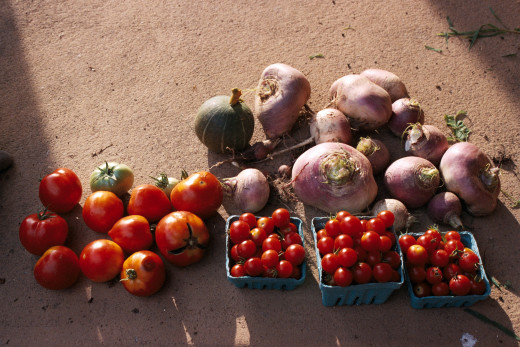
Happily, genetically engineered fruits and veggies are not yet often found in the produce section. Genetically modified crops you're most likely to see are zucchini, Hawaiian papaya and some varieties of sweet corn. Almost all field corn is grown using genetically modified seeds, but is not sold as a fresh vegetable. U.S. law does not require labeling of genetically engineered produce, so if you want to avoid it, purchase the organically grown versions of the above items.


